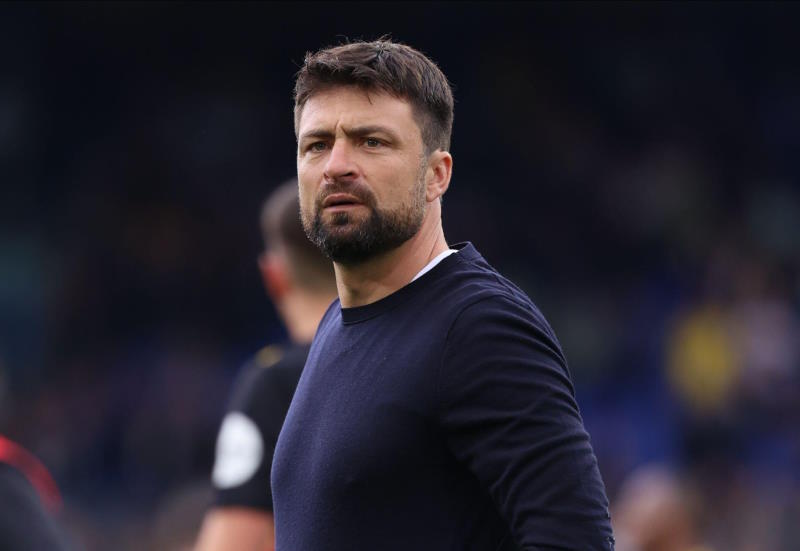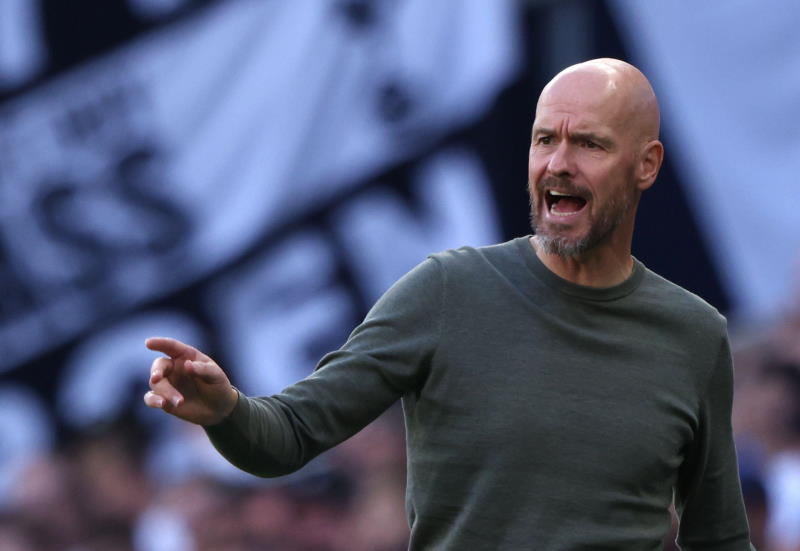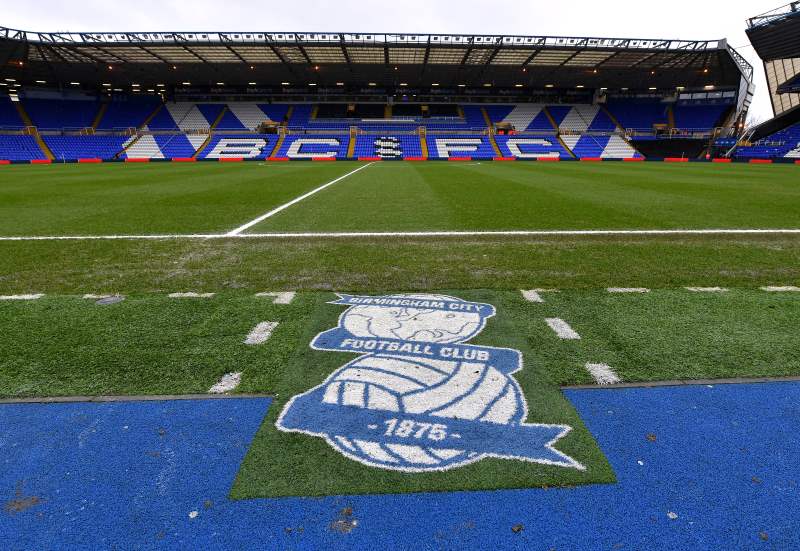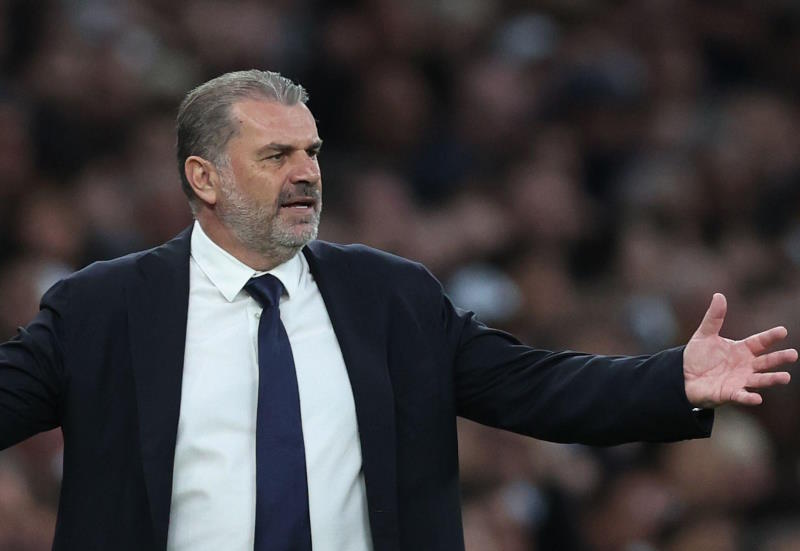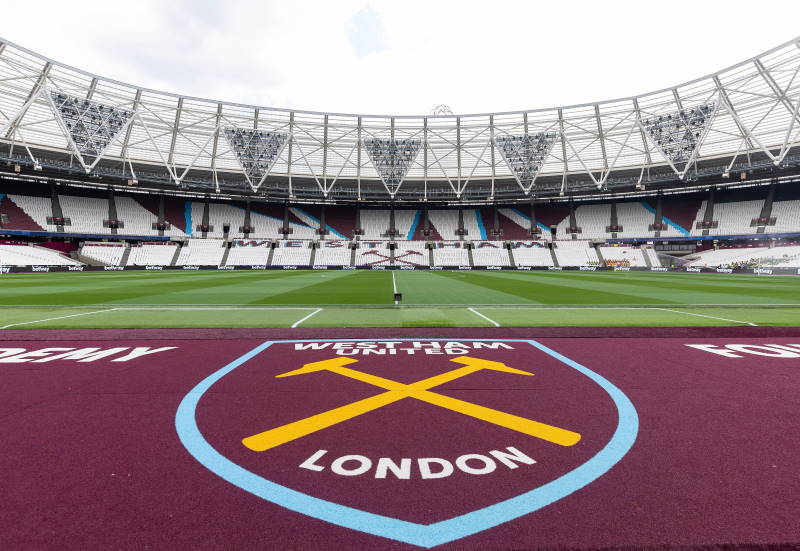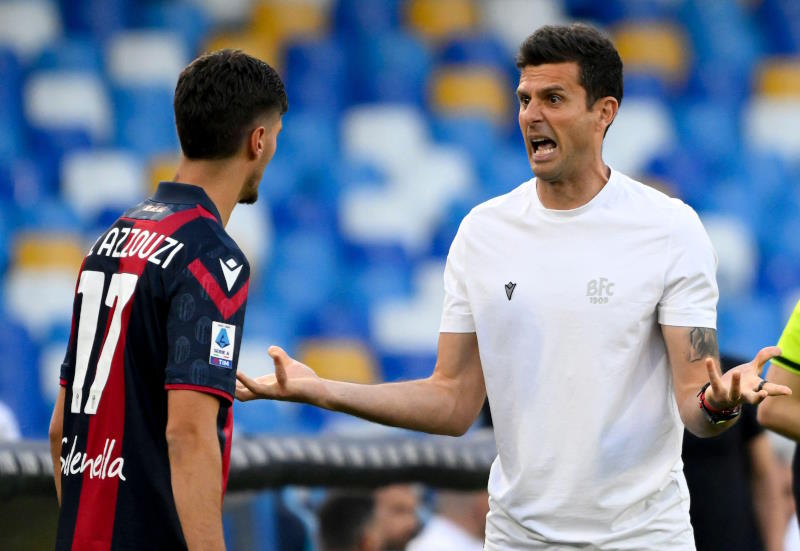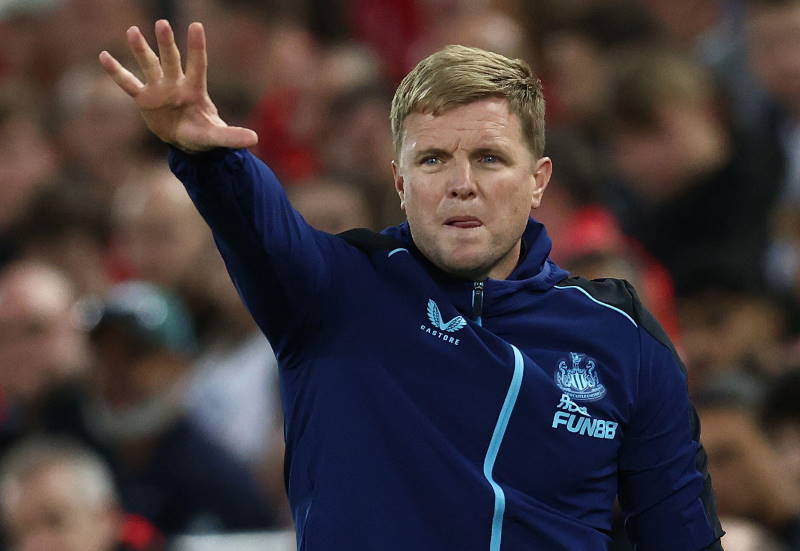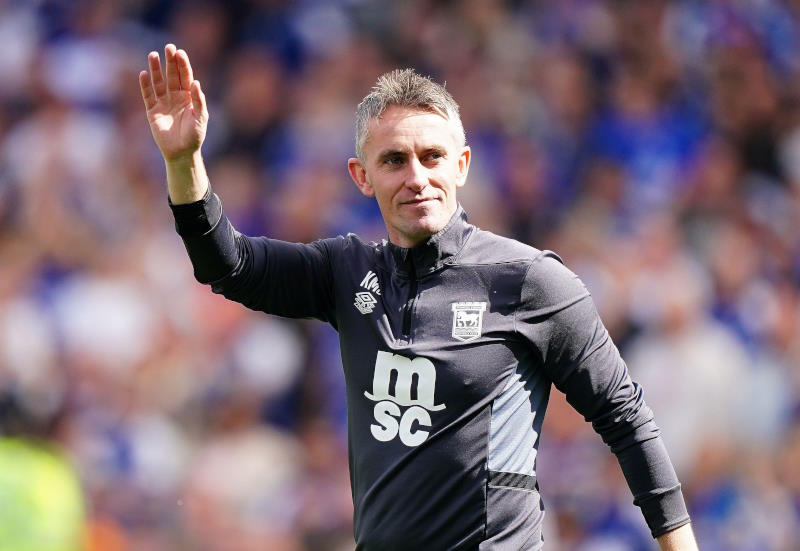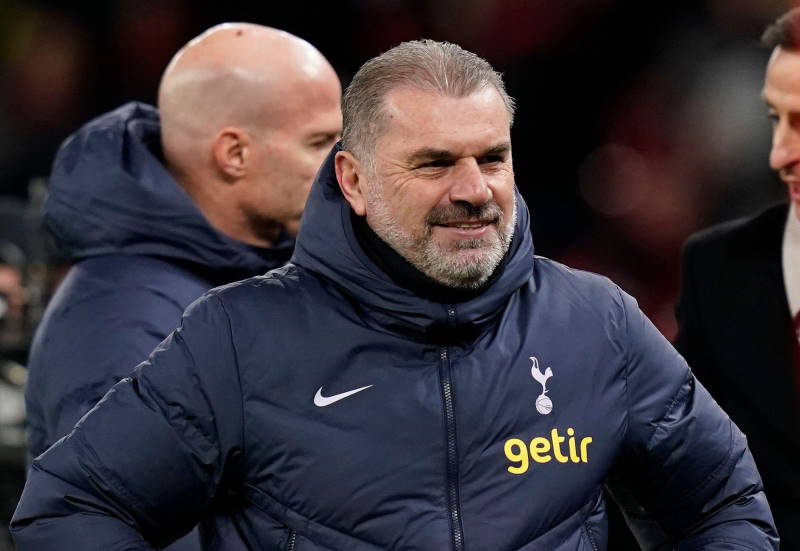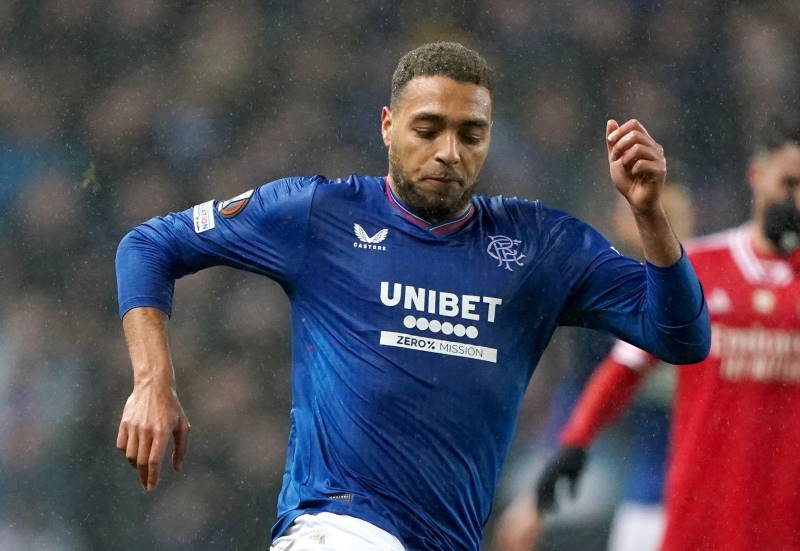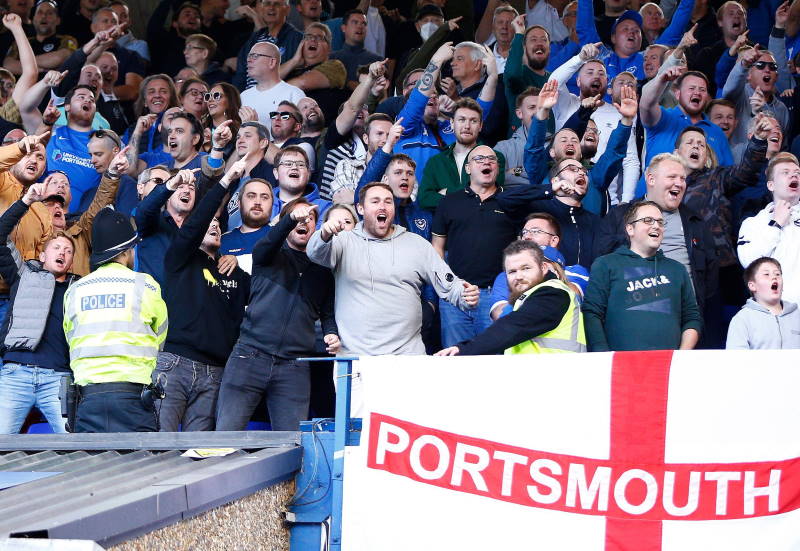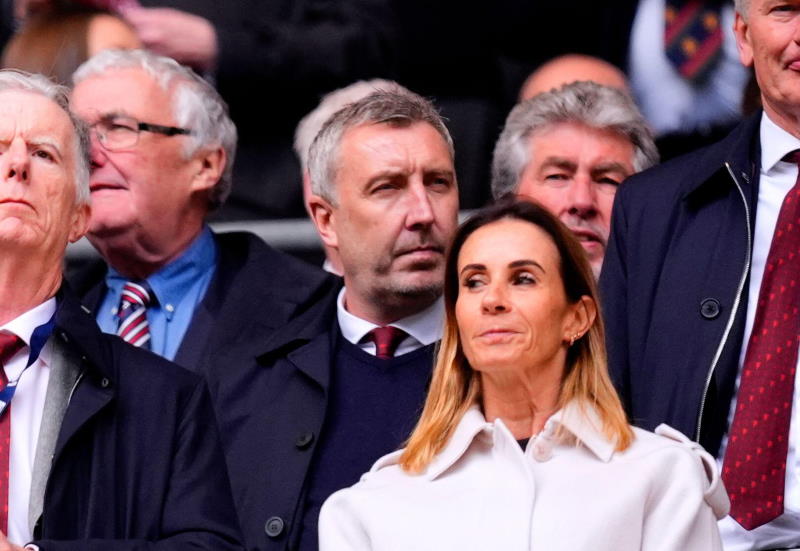
As a convention for Bielsan football, Tuesday’s meeting between Newell’s Old Boys and Universidad de Chile at the Estadio Marcelo Alberto Bielsa was about as good as it gets. Gerardo Martino and Dario Franco had shared a room at Newell’s in the early nineties under Bielsa’s command and the trappings of his philosophy were clear in the teams they sent out into the early evening sunlight of Rosario.
Franco remarked beforehand that he expected it to be “an open game with many chances” and although the second half devolved into scrappiness, the first was true to his forecast. His Universidad de Chile side asserted themselves early on, playing slick, precise passing football and pressing aggressively out of possession, giving the home side little time to settle and establish a rhythm.
Charles Aranguiz and Guillermo Marino were particularly impressive, each capable of passing quickly and accurately within one or two touches. Marino linked superbly with left-back Eugenio Mena and left-winger Gustavo Lorenzetti to open the scoring inside the first five minutes, and it was Aranguiz who played the inch-perfect diagonal pass to Sebastian Ubilla that led to the penalty from which he doubled La U’s advantage on the quarter hour.
Newell’s were unable to live with the visitors’ high-octane play and rarely got close enough to the away goal to seriously trouble La U’s goalkeeper, Jhonny Herrera. The excellent Ignacio Scocco offered them a glimmer of hope with a well struck free-kick in first half stoppage time, but it proved to be a false dawn as La U comfortably saw out the second half to take the three points.
It was a result that saw Franco’s side move to the top of the group on six points, two clear of Paraguay’s Olimpia and Deportivo Lara of Venezuela, who played out a 2-2 draw in Asuncion. Newell’s are currently fourth on three points, but Martino is still hopeful of reaching the knockout stages. “It does not change anything because we can still qualify”, he commented in the post-match press conference. “The probability is lower than before, but it still exists."
Martino acknowledged that the opening exchanges had conditioned the outcome of the match, noting that his side had suffered because of their “passivity in the first fifteen minutes”. This opinion was echoed by Franco, who whilst broadly happy with his team’s performance was hopeful of further improvement in the coming weeks. “In the first 30 minutes we recovered the ball close to the opposition goal, but we were unable to do that for the rest of the match. We are very close to what we want, but we have to keep working."
La U’s first half play had been reminiscent of that with which they swashbuckled their way to the 2011 Copa Sudamericana and the semi-final of last year’s Copa Libertadores under the tutelage of Jorge Sampaoli, another coach whose philosophy is predicated on Bielsa’s. Sampaoli was in attendance on Tuesday in his role as coach of the Chilean national team, a position in which Bielsa enjoyed great success between 2007 and 2011.
Sampaoli was appointed in December following the departure of Claudio Borghi. His reign is still in its nascent stages, but he looks to be a perfect fit for a national team consisting largely of footballers who played under Bielsa or benefited from his methodology cascading down to the youth national teams. Bielsa gave a Chilean football an identity, one that has also filtered through to the domestic game, where energetic attacking play and three-man forward lines are commonplace.
Regular season matches in the Chilean Primera Division averaged 2.88 goals in 2012, the third highest of all the top flight leagues in South America, while Union Espanola and La U both entertained in the Copa Libertadores with the audacity of their forward play. Bielsa’s former assistant Eduardo Berizzo has also found the league to be a successful stomping ground, taking little O’Higgins to the brink of the 2012 Apertura title after struggling in his native Argentina with Estudiantes
But Bielsa’s tentacles extend further than Chile. Carlos Picerni, who was part of Bielsa’s coaching set-up at Newell’s in the early nineties, is currently in charge of overseeing Peru’s youth sides. He appointed Daniel Ahmed, who was part of Bielsa’s coaching team with the Argentinian national team and is good friends with Claudio Vivas, Bielsa’s long-time assistant, as Peru’s Under-20 coach, and there were certain hallmarks of Bielsan football visible in the side who narrowly missed out on qualification for the Under-20 World Cup.
South America may even soon play host to the man himself if Newell’s president Guillermo Lorente gets his way. Martino will step down when his contract expires in May and with Bielsa enduring a tough second season at the helm of Spain’s Athletic Bilbao, Lorente is hopeful of luring him back to his hometown of Rosario. But even if Bielsa again spurns the club’s advances, his extensive sphere of influence will ensure that his spirit and style of play continue to prosper across the continent.
Goal of the Week
Fredy Bareiro (30) – Olimpia (Paraguay) vs Deportivo Lara (Venezuela)
After finishing off a neat team move for his first goal of the match, Bareiro went one better with his second. He received the ball outside the area, took one touch with his right foot and then, swivelling, fired a cracker of a left foot shot into the top corner of the net.
Player of the Week
Javier Gandolfi (32) – Club Tijuana (Mexico)
Club Tijuana have made quite an impression in their first ever outing in the competition and recorded a third consecutive victory with a hard-fought 1-0 win at home to reigning champions Corinthians on Wednesday. It was a scrappy match in which defence prospered over attack, but no defender was as impressive as Gandolfi, whose strength, commitment and leadership were vital to his side’s successful pursuit of a clean sheet. He even scored the winning goal, back-heeling home a loose ball inside the area to keep Tijuana’s 100% record intact.
Betting on football? Check out Inside Bet before you bet!

